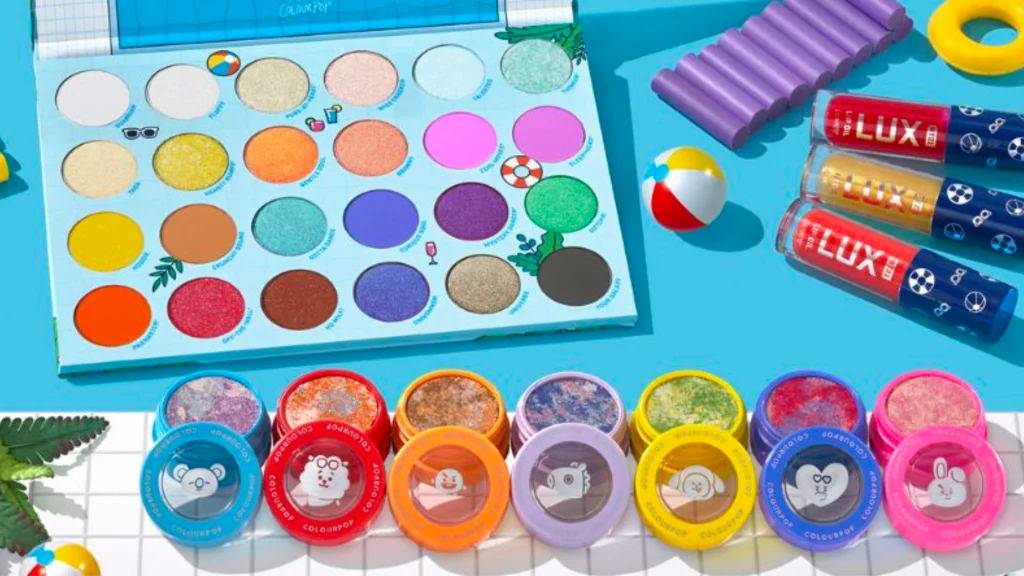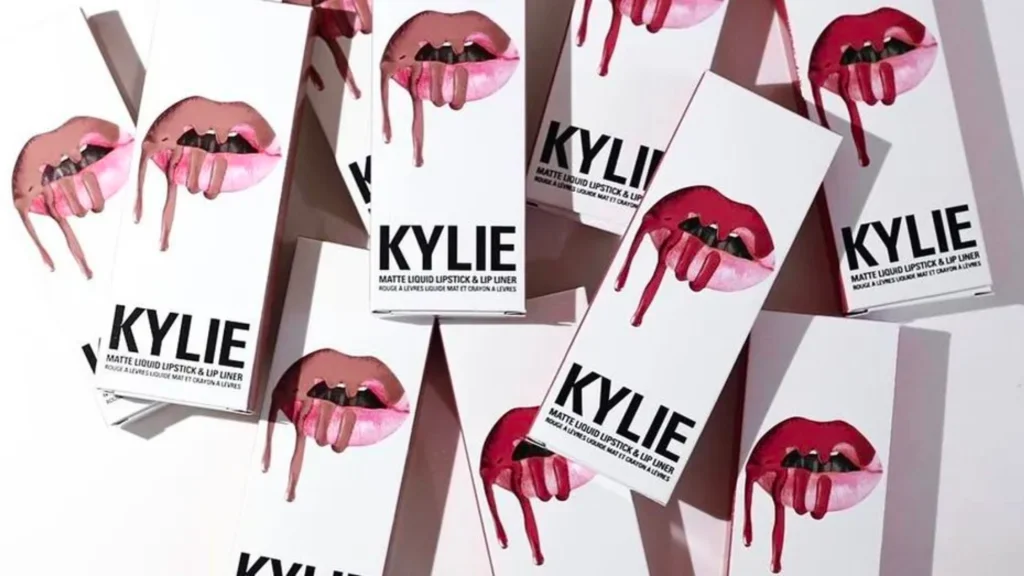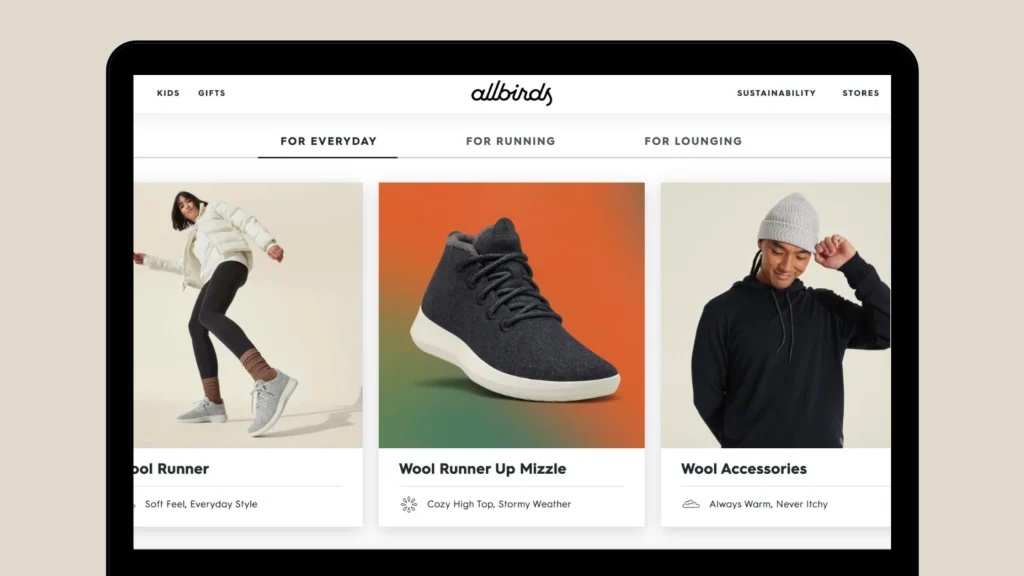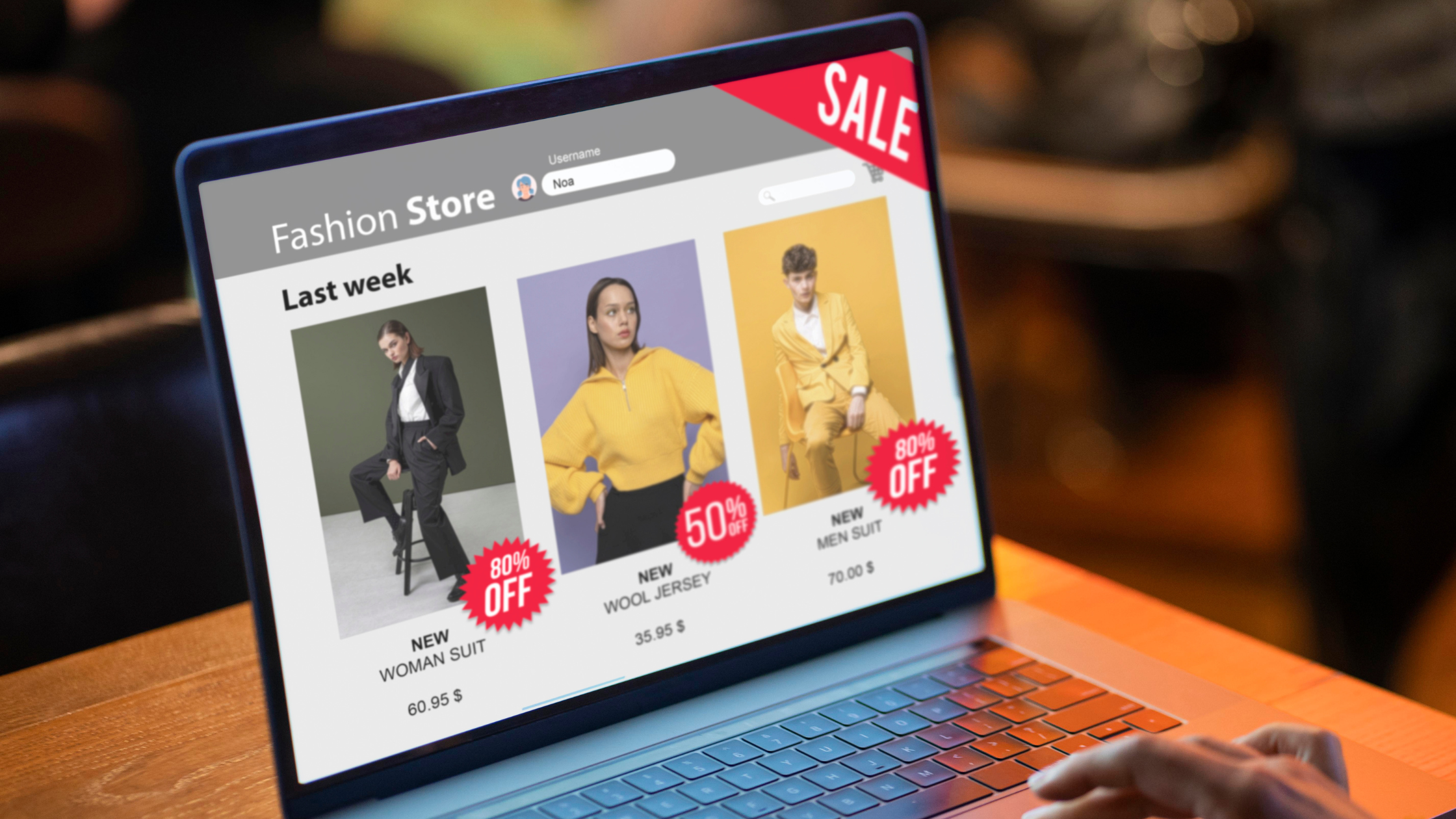How often have you seen LinkedIn posts or blog posts talking about building fandom, but without actually explaining what that means? Especially when it comes to e-commerce, it’s hard to parse through jargon and really understand the core principles of all this marketing advice people share.
When it comes to Shopify, small businesses and enterprises alike can use it to build and scale online stores with ease. But what’s a foolproof way to ensure your business is long-lasting? Well… it’s to build fandom. Now, instead of leaving it at that, we’ve compiled a list of four examples; these are brands that have successfully developed fandom within their client base on Shopify and it’s important to learn from them about how the little things add up to the holy grail of marketing in the digital age: customer loyalty.
Let’s dive in.
ColourPop

ColourPop is an American cosmetics brand. The company was founded in 2014 and its products are sold through their website using a Shopify storefront and at Ulta Beauty. They make and sell products for the eyes, lips, and face.
What works for them?
ColourPop is known for their affordable pricing and collaborations based on current trends in social media, like with Disney or social media celebrities like Safiya Nygaard, an American beauty Youtuber, and even BTS, the global Korean pop music boy band. Their makeup is also cruelty-free.
How did they build fandom?
They hero reviews, so customers are always able to refer to honest responses before buying their wares, while also having easy-to-understand information about products at their fingertips. So, they acquire interest by collaborating with high-fandom personalities and brands, then reel them in with the veneer of honesty and openness. After purchases, customers are encouraged to use the #ColourPopMe hashtag and include it in their Instagram posts. This makes it easier for people to participate in discussions about ColourPop products, and for the brand itself to find content from users and repost it. The effect is the constant feeling that those with these products are a part of a community. All this encourages people to keep engaging and buying products from Colourpop.
In Short: Customer-first approach with strategic collaborations.
Kylie Cosmetics

Kylie Cosmetics is an American cosmetics company founded by Kylie Jenner, an American socialite and part of the infamous Kardashian family. It started as Kylie Lip Kits (a set of liquid lipstick and lip liner) then was renamed to Kylie Cosmetics.
What works for them?
Kylie Cosmetics is built on the power of influencer marketing. Not only is it run by one of the most notorious celebrities online today, but the brand constantly collaborates with influencers. Kylie Cosmetics gift-bags and ‘swag bags’ also regularly get sent to popular creators online, and end up being posted about on apps like TikTok and Instagram.
How did they build fandom?
Potential customers get updates from Kylie Jenner’s social media accounts, which generates a lot of interest, but most importantly creates the feeling that followers are in a closer, inner circle. Lastly, limited edition drops help drive major hype for products, and on multiple occasions—like the Kylie Cosmetics collaboration with French luxury brand Balmain—the store was sold out in minutes.
In Short: Influencer-heavy approach while building FOMO and exclusivity.
Allbirds

Allbirds is a sustainable footwear brand that gained prominence for its comfortable and eco-friendly shoes. Founded in 2016, Allbirds offers a range of footwear options for men and women. Its products are known as the ‘world’s most comfortable shoes’ and reported a billion-dollar valuation just two years after its founding.
What works for them?
Allbirds has built its success on the foundation of sustainability and comfort. By prioritizing eco-friendly practices and materials, they appeal to conscious consumers seeking sustainable fashion choices. Additionally, their commitment to crafting comfortable footwear has garnered positive reviews and word-of-mouth recommendations, driving further interest in their products.
How did they build fandom?
Allbirds cultivated a loyal fanbase by effectively communicating their brand values and engaging with their customers. They leverage their Shopify store design in a way that completely grabs customers’ attention from the beginning, then uses high-quality visual content throughout to entice the audience. Collections are highlighted on their homepage to drive interest, and additional videos are used through the store to show the story of Allbirds, behind-the-scenes content, and so on. Then, they use their newsletter to have prospective customers and existing customers continue to stay in touch with Allbirds. Lastly, the store heroes reviews too, but by showing a summary of reviews. This means visitors don’t need to browse through all reviews to get a better understanding of the products. The brand talks about sustainability and walks that talk; it uses its store to have a dedicated page for sustainability, with details.
This builds fandom because the end-result is the idea that Allbirds is honest, customer-centric and dedicated. 71% of consumers support and prefer buying from companies aligned with their values and visions (Small Business Trends, 2020). Therefore, when customers realise this company aligns with them, it’s natural for them to turn into advocates of the brand.
In short: honest, sustainable practices and a customer-centric approach.
Culture Kings

Culture Kings, a streetwear clothing and accessories retailer from Australia, was founded in 2008. While it had a thriving retail business in Australia, its true power was that it had a loyal fanbase because of its products, and celebrity fans like Justin Bieber and Cristiano Ronaldo singing its praises.
What works for them?
Culture Kings’ biggest draw was its personality and in-store experience. So, it started to mimic that feeling and vibe on the online storefront using the ability to customise on Shopify. They had tailored, dynamic product listings, weekly lifestyle photos, in-house shoots that led to fresh video content, a Shop the Look page, and even staff-curated personal recommendations.
How did they build fandom?
An online fandom comes once to try something out, and while the curated experience was enough to want to stick around for a while, Culture Kings really drove home with the concept of hyper-local customisation. In other words, they managed multiple global stores through Shopify Plus, making each one a localized shopping experience. That meant localised checkouts to familiar currencies: making sure the online store scaled quickly by allowing customers to feel catered to.
In short: hyper-customisation and no one-size-fits-all approach.
Our Conclusion?
From honest communication and aligning with customers’ ideals, to localisation and intelligent customisation, to strategic influencer and marketing collaborations, it’s clear that the key to success when it comes to building fandom with your Shopify store is finding a way to be relevant to your customers and providing them with an experience that’s exclusive to you. Now, if brands like this have already been acing the game, what can you do to stand out in the crowd?
The answer is: a lot.
In a digital world of rapid change, NFTs are not just collectibles for people to sink money into, but the chance to create anything from exclusive collectives to offer special access and rewards to customers. By linking all this to Shopify stores, it enhances your ability to give customers an immersive, interactive experience in a way that can truly embody the idea of omni-channel marketing. And The Blue Marble can help you with that. So, what are you waiting for?



